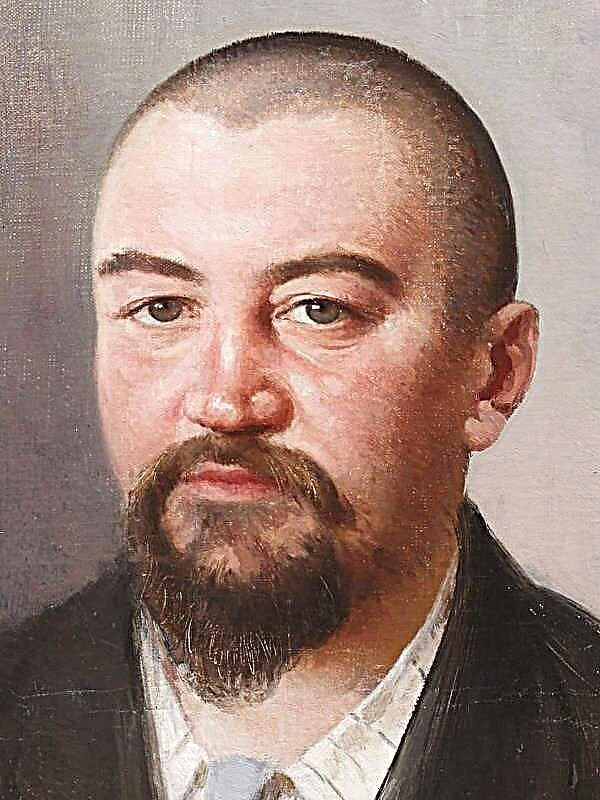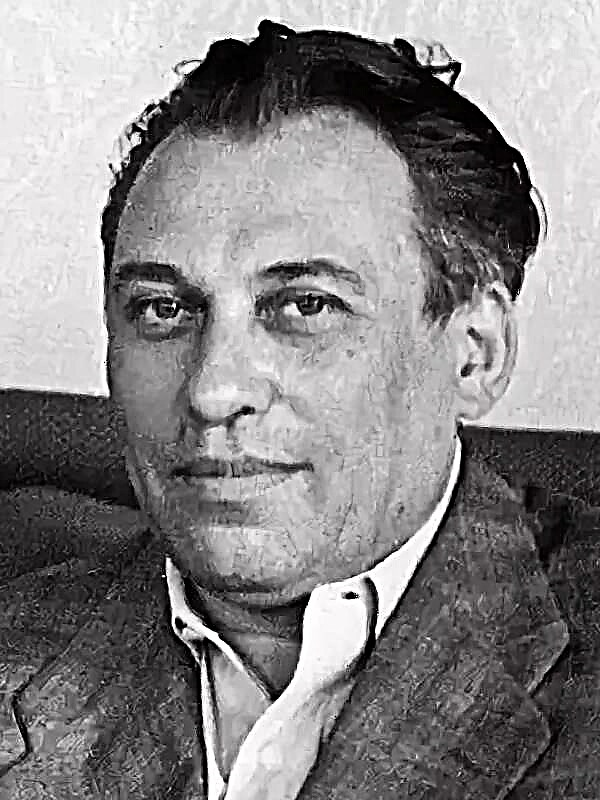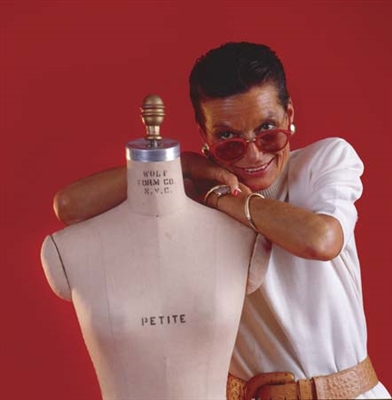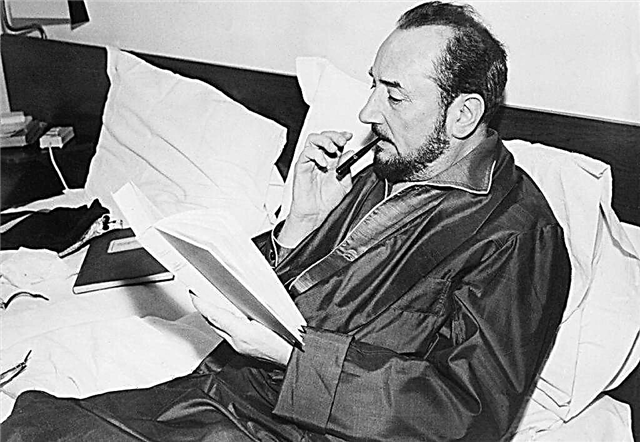The action takes place mainly in New York in the sixties of our century. Young talented black musician Rufus meets southerner Leon. The woman has a difficult fate: her husband left her, taking the child, and the hardest thing was that her relatives did not help her at this difficult moment. Rufus and Leona fell in love and decide to live together. But even the relatively free morals of the Greenwich Village are unbearable for them. Rufus acutely feels that the world around him is hostile to their relationship - the love of a black man and a white woman: he seemed to bristle against them.
In Rufus, the former complexes of the outcast from Harlem wake up, which, as it seemed to him, he defeated by moving to the Greenwich Village and converging with a free circle of artistic bohemia, devoid of racial prejudice. Inner restlessness compels Rufus. look for reasons for quarrels with Leon, the tides of passion alternate with acute alienation, when Rufus insults Leon and even hits.
Leon's sorrow loses her mind, she is placed in a psychiatric hospital, where her brother visits her and takes her home, to the South. Rufus, who managed to turn from a cool drummer into a drunkard during this time, and who for this reason lost his job, wanders through the streets of New York, tormented by belated remorse. Exhausted from fatigue and hunger, he comes to his friend Vivaldo, a novice writer, but even the sincere friendship of the latter, who had been looking for Rufus all this time, does not relieve him of intolerable loneliness, and he commits suicide by throwing himself from the bridge.
The environment of Rufus reacts differently to his death. Richard Silensky, a man of letters chasing commercial success and thereby burying his talent, believes that Rufus himself is to blame for what happened to him. His wife Cass, a smart and strong woman, who always admired the talent and spiritual qualities of a black musician, believes that they, his friends, could have done more for Rufus - he had to be saved. Ida, the sister of Rufus, thinks the same way: if the brother were with his family, among people with dark skin, he would not be allowed to die. The trouble with his brother was that he was too sensitive and did not know how to defend himself. At the funeral of Rufus, where Vivaldo and Cass come, the priest says in a sermon that Rufus was in vain broken, left home, stopped going to church. As a result, he remained as if unprotected, was terribly lonely, and therefore died. This world is filled with the dead, the priest says, they walk the streets, some even hold government posts, and those who try to live like Rufus have to suffer.
Longing for the departed Rufus brings Vivaldo and Ida closer together, they see each other more often and themselves do not notice how they become necessary to each other. Vivaldo loves for the first time in his life: he had many adventures, but never deep feelings. Both of them are artistic natures - Vivaldo writes a novel, Ida dreams of a career as a singer, both have a difficult life experience.
Vivaldo introduces Ida to his circle of friends - there is a good reason: Richard Silensky celebrates the release of his book. Richard is a Vivaldo teacher, a teacher not only figuratively, but also literally: he taught at the school where Vivaldo studied. After school, the young man continues to see him as a mentor. He kindly envies Richard's success - his own novel moves forward very slowly, but after reading the book, he remains disappointed. Richard chose the easy way, betrayed their common ideals, writing his novel as an intelligent craftsman, and not an artist with a bleeding soul. Vivaldo himself is a maximalist; for him, an example to follow is Dostoevsky. Richard also has new friends - not the impoverished bohemian Greenwich Village, but major publishers, literary agents, and the bosses of show business and television (his novel is going to be filmed). Once visiting a couple of Silensky, Vivaldo and Ida meet a certain Ellis, a major television producer. He is struck by the beauty of Ida - if she also has talent in addition, he promises to help her advance. Vivaldo hears compliments given to Idea, and a wave of hatred rises in his soul for those who are sure that everything in the world can be bought.
Actor Eric Jones returns to New York from Paris - he was invited to play in a Broadway production. He is bisexual and a few years ago fled from New York to escape from an unrequited passion for the handsome Rufus. Eric's sexual orientation difficulties are rooted in childhood spent in the South, Alabama. Cold relations in the family, indifference of parents made the boy timid, insecure. The only person who is kind to him is the Negro Henry, the stoker, in his boiler room, Eric spent long hours listening to the stories of the man.
In Paris, Eric finally gained confidence in himself, he was no longer tormented by the thought of his “peculiarity”, he accepted it and learned to live with it. In art, Eric does not compromise, he is extremely demanding of himself and has achieved a lot in his business. When he comes to visit Silensky, the sensitive Cass instantly catches the difference between the former Eric and the one who returned to them after many years of separation. Eric, mercilessly analyzing himself and his actions, is completely different from Richard, or rather, the person who her husband became. In Richard appeared the self-confidence of mediocrity; now he is usually arrogant and treats old friends condescendingly. Cass, never preoccupied with purely commercial success - even for the sake of children, is deeply disappointed in her husband. Should she give up a lot for his success, if this success is fake?
A gap is brewing between Cass and Richard. Cass does not speak openly about her dissatisfaction, she closes in herself, her husband is silent. Now Cass walks alone for a long time: to be at home for her is torment. On one of these walks, she visits Eric. A romance begins between them: everyone understands that their relationship is temporary, but feels an irresistible need for warmth and support for the other.
In the meantime, Ida is giving her first concert - while still in the small bar of Greenwich Village. The very sophisticated and spoiled audience well accepts the young singer, despite her undelivered voice, the lack of the necessary equipment, because she makes up for it in an inimitable individual manner - a mysterious property that has no name. At the same time, Vivaldo learns that Ellis secretly supports the girl, pays for her classes with a famous teacher, etc. The young man is not sure of anything, but, knowing people like Ellis, he realizes that they do nothing for nothing. He is tormented, jealous, suffering, and ... suddenly he begins to get along with the novel - he is enthusiastically working on a book.
Crisis relations within both pairs resolve almost simultaneously.
Once, when Cass, as usual, arrives late at home, Richard calls her for a frank conversation, and the straightforward Cass puts everything as it is: both about his doubts about their marriage, and about his relationship with Eric. Cass’s husband’s reaction is shocking: there is so much anguish in his eyes that she suddenly has hope - what if their love has not died? Now both of them have to revise and change their minds in order to save what is left of their former love, and maybe to revive.
Ida also confesses Vivaldo to treason, but recognition is harder for her than Cass. That one has an excuse - an attraction to Eric, she respects him, their feelings are at least sincere - Ida essentially sold herself. Gritting her teeth, she tells Vivaldo with a stone face, which means being a black girl in a world dominated by white men. When Rufus committed suicide, Ida decided that she would not follow his path, but would be able to resist the world and get everything he wanted from him in any way. When Ellis appeared, Ida realized that after an affair with him she, if she behaves smartly, would mean something in and of itself. After parting with Ellis, she returned to Vivaldo, hating and despising herself, and, approaching the house, prayed that her beloved be absent. So it went on until that evening, when a musician from the orchestra, a friend of her late brother, called her a black bedding for whites. And then she decided: that's it! Whether Vivaldo will stay with her or not, she still will not return to Ellis.
Vivaldo is hard to answer. In the end, he embraces the sobbing Ida and silently presses him to his chest. So they stand for a long time - like two tormented, unhappy children ...












